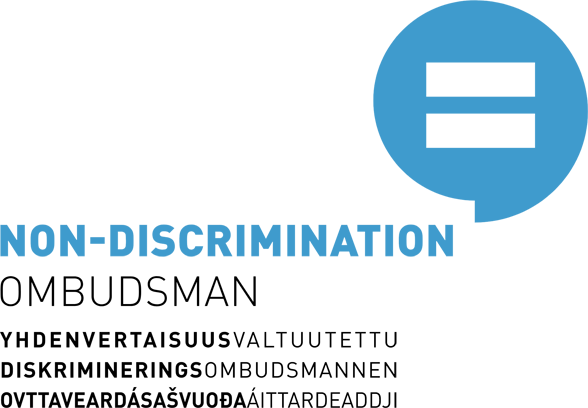Harassment of authorities as a silencing mechanism
The Non-Discrimination Ombudsman released today a report on discrimination experienced by people of African descent. The online questionnaire produced for the report was targeted by crowdsourced harassment and instructions on how to sabotage from an online forum. When the link to the online questionnaire was opened, a systematic campaign to spread information about the link was soon launched, with attached suggestions on how to answer the survey. The aim of these instructions was to invalidate the results of the survey once it was complete. There were instructions on how to give fake answers to questions so that the reliability of the survey could be challenged later. Many of the answers given to the online survey contained racist language that had no connection with the respondent describing discrimination experiences. Responses to the survey also contained coded language and memes used by the far right, or the response was formulated as a racist stereotype.
In addition to attempts to harm the survey itself, a civil servant of the office of the Non-Discrimination Ombudsman was singled out for racist harassment. For example, personal information about the civil servant was spread on an online discussion forum. In addition, anonymous racist and disparaging messages were written about the civil servant, hate mail was sent, and pictures of the civil servant were distributed.
What was our response to the harassment?
Responses to the online survey were filtered in two phases so that invalid responses made for the purpose of sabotage could be removed from the material as reliably as possible. First, responses that were obviously written to sabotage the survey were dismissed at the Office of the Non-Discrimination Ombudsman. In the second phase, an outside researcher was used. This was done to avoid a situation in which an official would alter responses to a survey that partly applies to the official's own work.
From the outset, the purpose of the survey has been to produce qualitative information on the underreporting of discrimination experienced by persons who identify themselves as being of African descent, and the reasons for underreporting, primarily in order to develop the work of the Non-Discrimination Ombudsman. The purpose was not to produce quantitative (statistical) results on the methods, perpetrators, locations, or frequency of discrimination, but rather to shed light on the phenomenon of racism experienced by people of African background. The Non-Discrimination Ombudsman also recognises that generally, the people responding to the online survey are those who have experienced discrimination or are concerned about discrimination. The fact that a large proportion of Finnish responses had to be removed from the survey to analyse the valid responses did not affect the character or final outcomes of the report.
Harassment and doxing is often associated with themes of fundamental and human rights, such as racism or the lgbtiq rights. On a societal level the aim of crowdsourced and systematic harassment of equality data collection is to weaken the advancement of human rights of vulnerable people, and to undermine the advancement of equality. What does it mean that civil servants who belong to minorities are singled out for harassment? This situation also shows who holds positions of power in society. On the one hand, it is important for minorities to be better represented among officials, but at the same time, when a civil servant works on for example human rights issues, there is a greater risk of harassment. We need better skills for tackling these situations.
Crowdsourced harassment is not a term of criminal law, and it has not been specifically criminalised. Crowdsourced harassment cannot be effectively countered under current legislation. The Ministry of Justice has just completed work on a draft for a Government proposal for legislation in which making unlawful threats would be considered an offence subject to public prosecution. An unlawful threat would be subject to public prosecution if it targets a person based on his or her position at work or in public office. This proposal is a good step forward.
We hope that the results of the report published today will lead to widespread public discussion and that the attempt to harass the survey will not silence the important discussion on racism and discrimination encountered by Afro-Finns.




